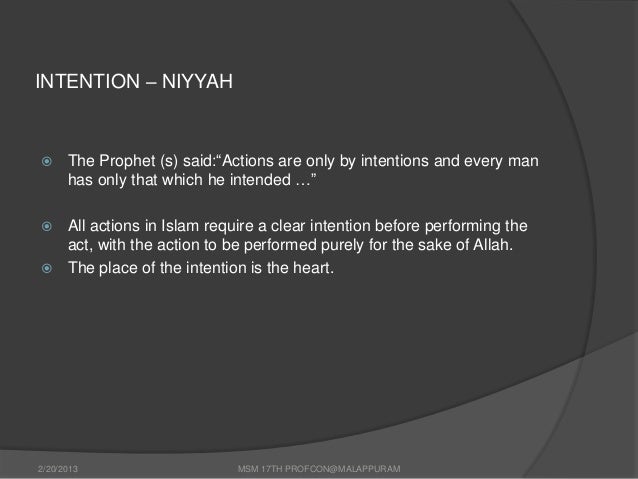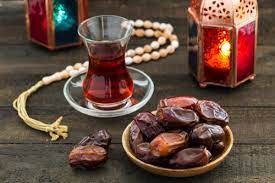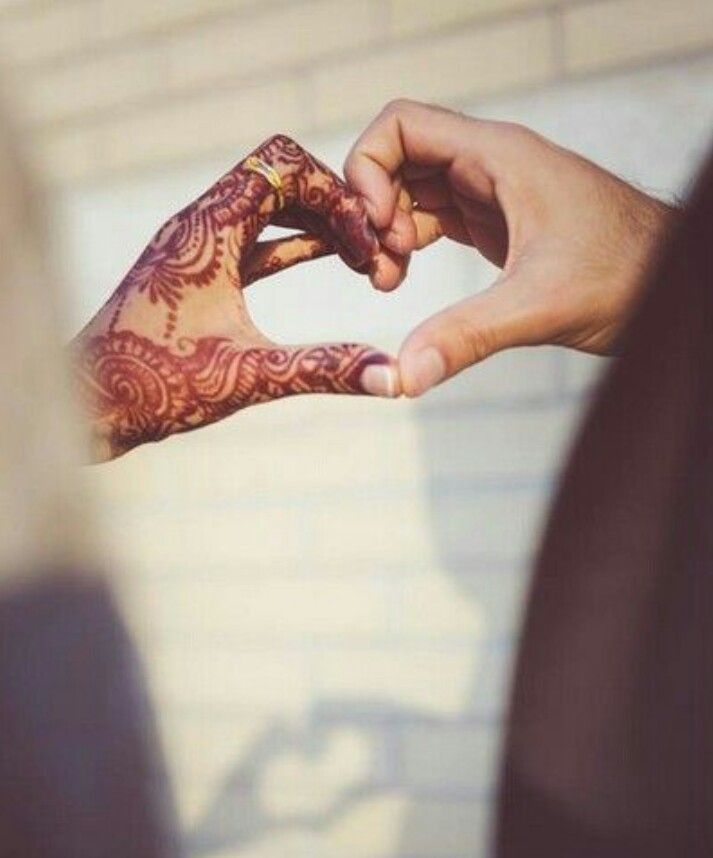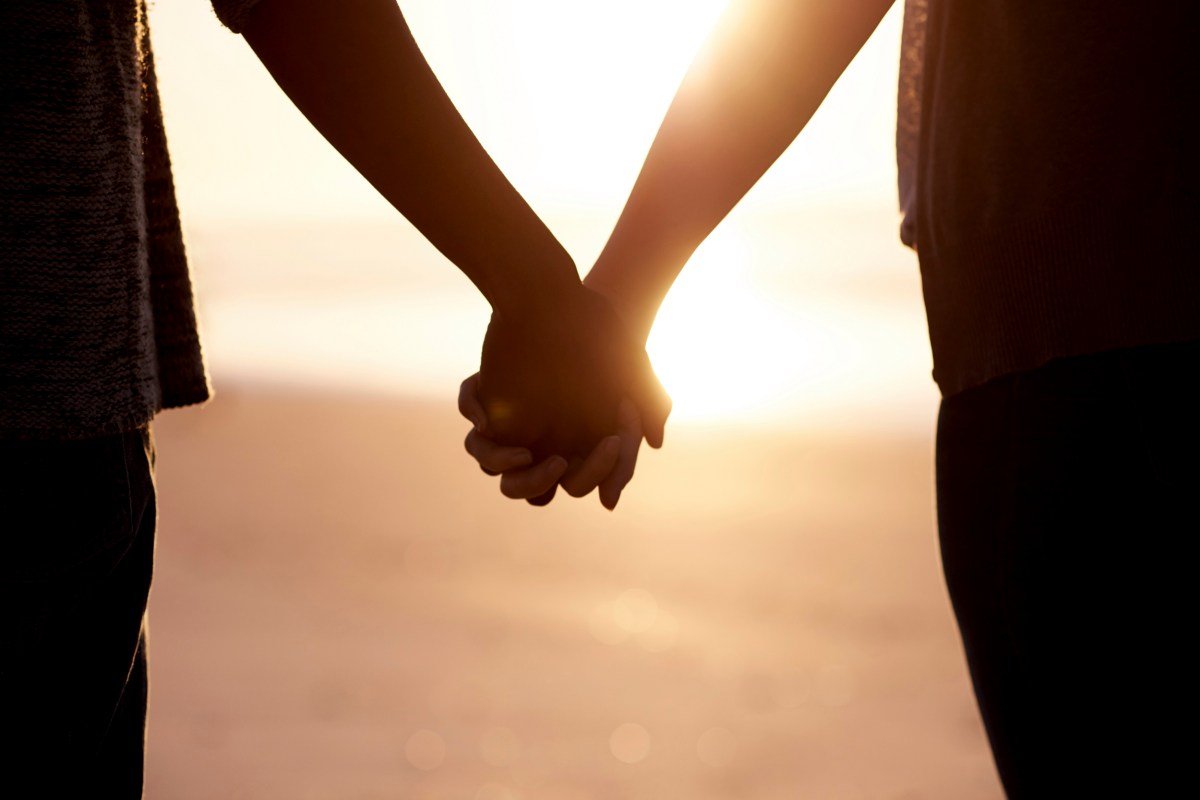Day 2 What is our intention?
“Everyone acts according to his intentions, and your Lord is best aware of him whose path is right.”
The Quran 17:84
As Muslims, we strive to do as many good deeds as possible. We understand that good deeds are a way to not only seek the mercy of Allah’s swt , but also attain al-Jannah. However, good deeds are not enough. In order for our deeds to be accepted, it must have a good intention behind it. In order for our deeds to be accepted the primary intention in doing good deeds, should be to do them for the sake of Allah SWT and Him only. Not for the social media likes, not for all of the MashaAllahs, or so that one can be viewed as a hero.
What is the first thing that we do when we wake up? Most of us say Alhamdulillah, thanking Allah SWT for the opportunity to see another beautiful day. The blessing in being able to open our eyes and thank Him. Something we all take for granted from time to time. However, what is our intention when saying Alhamdulillah? Yes we in fact do need to have an intention behind simply saying Alhamdulillah. Think about it this way, if we wake up and say Alhamdulillah and then spend our morning complaining, bickering with our spouse, reprimanding our children in a harsh manner, have we really started our day with the best intentions? Probably not. It is so important to make sure that in everything that we say and do, our intentions are good.

‘Abdullah bin’ Abbas ( radhiAllahu anhu) reported that the Messenger of Allah ( sallaAllahu alayhe wasallam) said that Allah, the Glorious said: “Verily, Allah has ordered that the good and the bad deeds be written down. Then He explained it clearly how ( to write): He who intends to do a good deed but he does not do it, then Allah records it for him as a full good deed, but if he carries out his intention, then Allah the Exalted, writes it down for him as from ten to seven folds, and even more. But if he intends to do an evil act and has not done it, then Allah writes it down with Him as a full good deed, but if he intended it and has done it, Allah writes it down as one bad deed.” [ Al- Bukhari and Muslim]
Imagine that! We are able to receive the benefit of a good deed by simply having the intention and without acting on it.
So how is it that a good deed is recorded when the act is not even fulfilled?
Because the favor and grace of Allah swt is broad, the person with the good intention receives the reward of one good deed because although the deed was not fulfilled, the heart was pure and yearned to do good. If he fulfills the intention, then it is written down as ten good deeds.
All good deeds must start with an intention. The acceptance of said deed will depend on the intention that goes with it. Good deeds in Islam must have the utmost level of sincerity. At times our sincerity and pure intention can be swayed by our own weakness or Shaytaan. When this happens, we find ourselves doing good for another reason other than to please Allah, or by doing something wrong and ruining it.
Wasting our good deeds
There are many things that we can, knowingly or unknowingly, do that waste our good deeds.
Showing off
There are those who do good deeds for the intention of being praised by others. Showing off is one of the things that the Messenger of Allah (SAWS) feared for us.
Backbiting
What many consider harmless chatter, can actually waste our good deed. Many times when someone is being talked about their name is being slandered or they are seen in a negative light. When this happens, we are actually giving our good deeds to the person that is being slandered. Imagine on Day of Judgment we find out that all of the good deeds we worked so hard for on Earth, were given to someone else as compensation for all of the times that we spoke poorly about them.
Commiting Sins
There is no doubt that committing sins affects the acceptance of our good deeds, when we engage in committing sins we waste any good deeds that we have done.
How can we guard and protect our good deeds?
So how can we protect our good deeds?For starters we need to make a conscious effort to protect them by acknowledging the intention and avoiding certain things.
Purify our intentions
For starters we must purify our intentions so that our hearts are in the right place. This helps us to acknowledge and remember why we are doing what we are doing and the rewards that we would like to receive. We can do this also by asking ourselves why we are doing it and for whom.
Why do we post Islamic reminders on social media?
Is it to genuinely remind our brothers and sisters of the importance of our faith? Or so that everyone on our social media sees how religious we are?
Keep your good deeds private
All of the good that we do should be kept between us and Allah swt. This helps to keep the intention pure and keeps us from being weak and or inspired by shaytan to show off.
The Prophet (SAW) said, “He who lets the people hear of his good deeds intentionally, to win their praise, Allah will let the people know his real intention ( on the day of resurrection), and he who does good things in public to show off and win the praise of the people, Allah will disclose his real intention ( and humiliate him).” ( Bukhari)
Make Istighfar ( the act of seeking forgiveness)
Even though we strive to not sin, at the end of the day we are all sinners. The best thing that we can do for ourselves is engage in as much istighfar as possible. This way if Allah swt wills our sins will be forgiven without them affecting our good deeds. InshaAllah

In the end, each and every single one of us will have to stand before God on the day of judgement to answer for all that we have done. If our good deeds outweigh our bad deeds, InshaAllah, we will be granted forgiveness and enter paradise. On the other hand if our bad deeds outweigh our good deeds, we will be condemned to Hellfire. May our hearts remain pure and our good deeds be accepted by Allah swt. Ameen.
About the Author: Sister Rebecca is a SAHM living in Houston Texas. Married for 13 years with two children, and a revert since 2014, her hobbies include cooking, reading, and spending time with family.










